Brian Magi, Geography and Earth Sciences, UNC Charlotte
Meets at UNC Charlotte (main campus)
Global warming refers to the increase in surface temperature that decades of scientific evidence shows is almost entirely due to human activities. As our planet warms, the interconnected components of the Earth’s system change in response, which makes for what at least one scientist suggests is the largest scale geophysical experiment that we as a species will ever conduct. Human systems, however, are not exempt from this experiment. Cities, water and food supplies, and geopolitical stability all depend on a stable climate. As educators, we need to understand the scale of problems associated with a changing climate to build a foundation that helps us meet our students where they are, but also so we can guide them to becoming engaged citizens.
In this seminar, we start with the science because the Earth’s climate is inherently determined by physics and chemistry. We will draw from readings and resources to help conceptualize what a changing climate means. We will review and discuss societal impacts, how we are adapting to current and expected changes, and solution strategies such as renewable energy. Throughout the seminar, we will explore ideas about what environmental education means for students when we have problems that span the entire planet. Creativity in the classroom rises from knowledge, but we will also consider the argument by environmental educator David Sobel who suggested that if we want our future generation to become empowered citizens, then “let us allow them to love the Earth before we ask them to save it.”
Additional resources:
Education and nature:
- Rachel Carson’s The Sense of Wonder: A Celebration of Nature for Parents and Children (book)
- David Sobel’s Beyond Ecophobia
Pedagogical resources:
Foundational content:
- Global Warming: Understanding the Forcast
- Introduction to Modern Climate Change
- The Discovery of Global Warming
- Global Carbon Atlas
Seminar Participants:

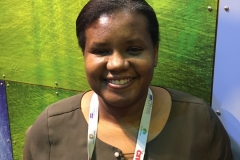
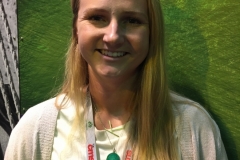
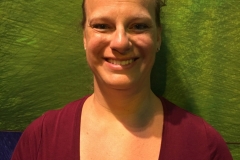




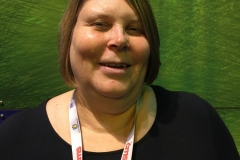
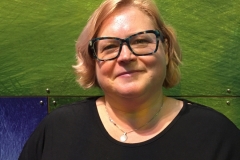












 Home
Home